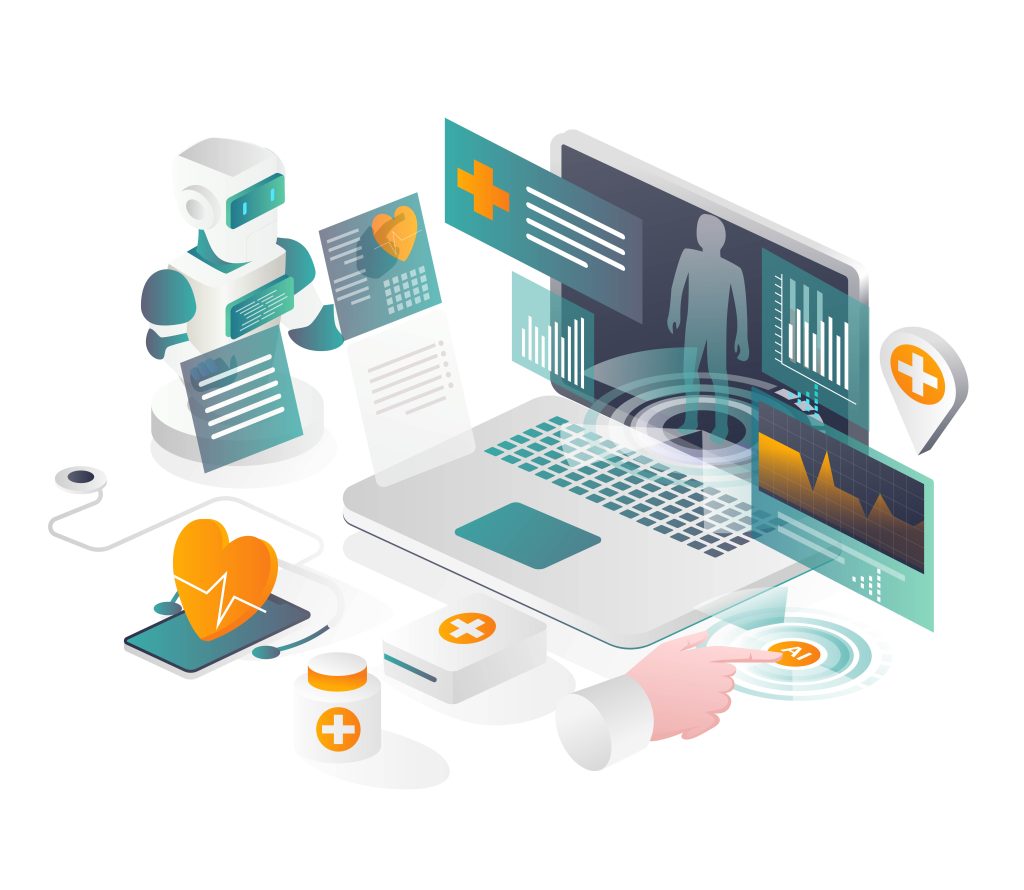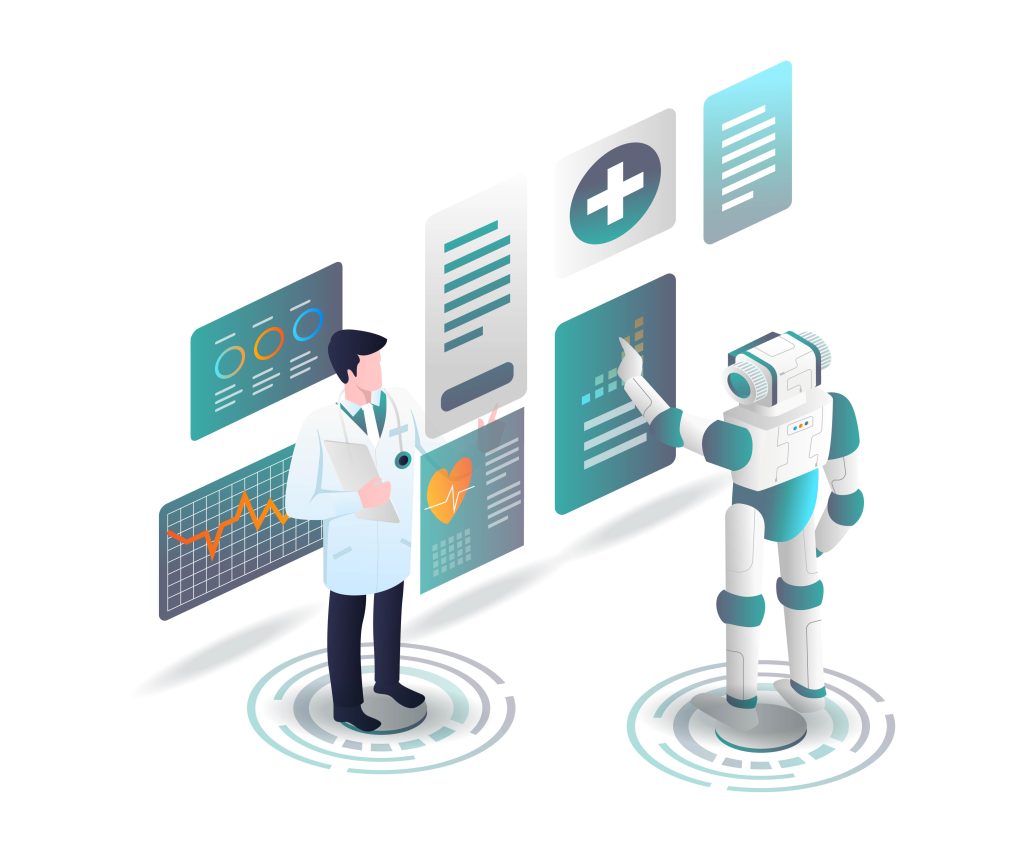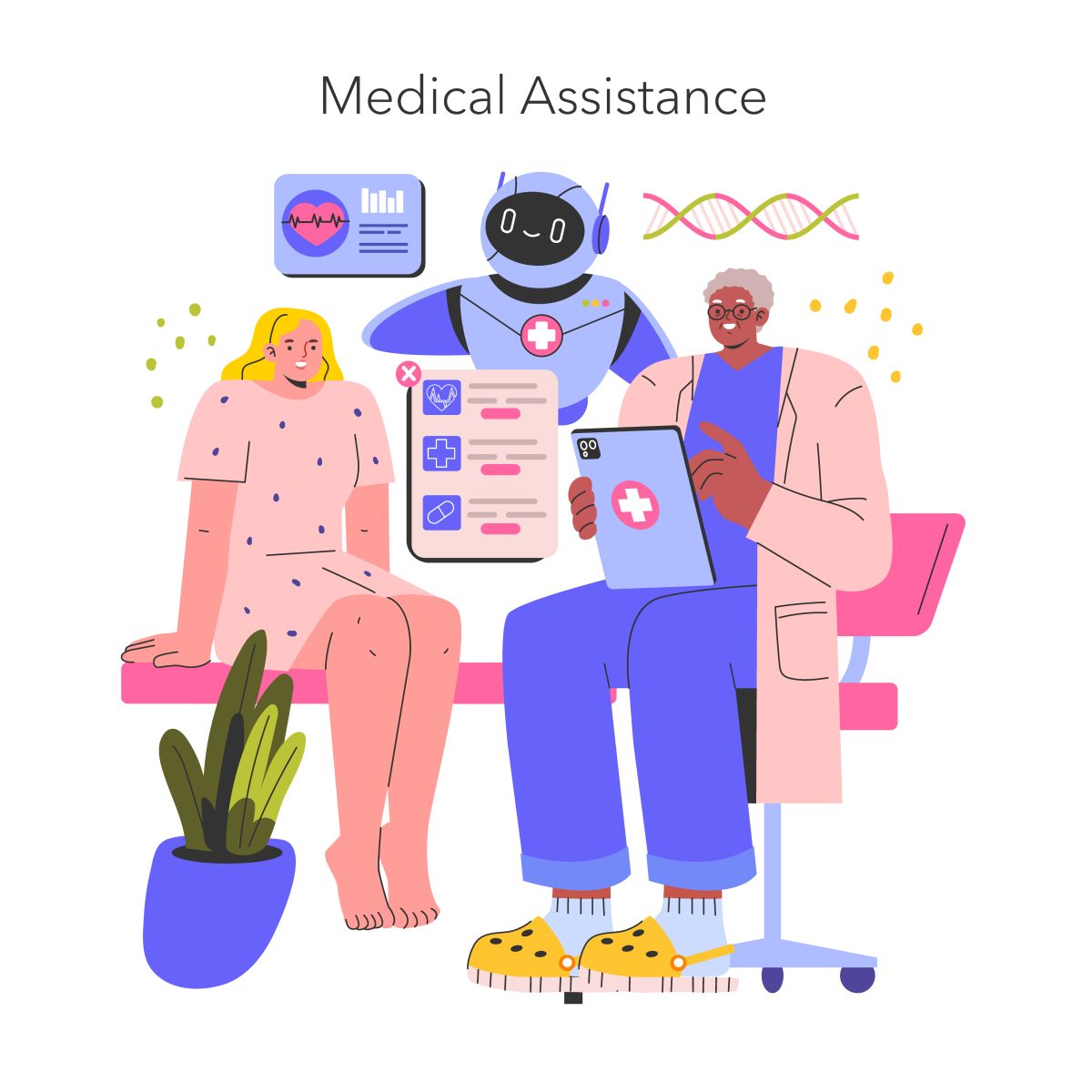Thanks to the rapid advancement of artificial intelligence (AI), the healthcare industry is transforming. One of the most exciting developments is conversational AI, the use of AI-driven systems like chatbots and virtual assistants to engage with patients and healthcare professionals in a natural, human-like manner. These technologies are enhancing the patient experience, smoothing healthcare operations, and even improving clinical outcomes.
In this blog post, we will explore how conversational AI is making waves in healthcare, its Use Cases and benefits, and how healthcare providers are implementing AI-powered solutions to drive innovation. We’ll also highlight how Stratpilot, an advanced AI virtual assistant, can help professionals improve productivity, efficiency, and work-life balance.
By – Vamsi Bumireddy (CTO)
Use Cases and Benefits of Conversational AI in Healthcare
1. Enhancing Patient Engagement and Experience
One of the most valuable applications of conversational AI in healthcare is in patient engagement. AI-powered chatbots and virtual assistants can offer patients personalized, on-demand support, helping them navigate healthcare systems, schedule appointments, and access health information. These AI systems are available 24/7, ensuring that patients can get answers to their questions and book services whenever needed.
For example, a patient might interact with an AI chatbot to schedule a doctor’s appointment, get medication reminders, or even receive follow-up instructions after a visit. This reduces wait times and increases patient satisfaction by providing timely and accurate responses.
Conversational AI systems also play a crucial role in helping patients manage their health. Through tailored conversations, they can provide personalized health tips, and medication management reminders, and even help patients track symptoms, which can be especially beneficial for those managing chronic conditions.
2. Streamlining Administrative Processes
Healthcare organizations often face significant challenges related to administrative tasks. These tasks, such as scheduling, patient intake, and follow-up calls, can be time-consuming and prone to human error. Conversational AI is transforming these processes by automating routine tasks, allowing healthcare providers to focus on more critical aspects of patient care.
AI-powered systems can handle scheduling appointments, sending reminders, collecting patient information, and even triaging basic inquiries. For example, when a patient calls a hospital for an appointment, an AI assistant can gather basic information, suggest available time slots, and confirm the appointment—significantly reducing administrative burden for healthcare staff.
By reducing the manual workload, conversational AI helps organizations improve operational efficiency, reduce costs, and improve service delivery. This frees up valuable resources to focus on more complex patient care tasks.
 3. Virtual Health Assistants and Remote Monitoring
3. Virtual Health Assistants and Remote Monitoring
The rise of telemedicine and remote monitoring has changed how healthcare services are delivered. Conversational AI can serve as a virtual health assistant, helping patients manage their healthcare from home. AI-powered assistants can interact with patients to collect vital health data, such as blood pressure, glucose levels, or heart rate, and even offer advice on managing chronic conditions.
For example, a patient with diabetes might use a virtual assistant to monitor their blood sugar levels, track symptoms, and receive guidance on nutrition and exercise. The system could then send alerts to healthcare providers if any of the data points indicate a potential issue, allowing for early intervention.
4. Improving Diagnosis and Decision-Making
Conversational AI can assist healthcare professionals in improving diagnostic accuracy and clinical decision-making. AI tools can analyze large volumes of medical data, including electronic health records (EHRs), lab results, and patient histories, to support decision-making.
For example, AI-powered virtual assistants can help doctors and nurses by offering relevant information, suggesting possible diagnoses based on patient symptoms, or even reminding healthcare providers of guidelines and best practices. This can lead to faster, more accurate decisions, ultimately improving patient outcomes.
Furthermore, conversational AI can help reduce the cognitive load for medical professionals, allowing them to focus on more critical tasks while relying on AI to assist with administrative and data-intensive aspects of their work.
 How Stratpilot Helps
How Stratpilot Helps
While conversational AI is transforming the healthcare industry, the success of these technologies depends on the right tools and systems in place. Stratpilot is a game-changer in this regard. More than just a productivity tool, Stratpilot is a virtual assistant designed to support professionals by enhancing their productivity, efficiency, and overall work-life balance.
Conclusion
Conversational AI is rapidly transforming healthcare by improving patient engagement, helping in administrative processes, enhancing decision-making, and enabling continuous. These innovations not only improve the quality of care but also contribute to the efficiency and effectiveness of healthcare organizations.
As AI continues to evolve, the integration of virtual assistant Stratpilot offers even more opportunities for professionals to improve their productivity, reduce workload, and enhance experiences.
Sign up today! Stratpilot is more than just a tool, it’s a trusted partner providing personalized virtual assistance.
Frequently Asked Questions (FAQs)
1. What is conversational AI in healthcare?
Conversational AI in healthcare refers to the use of AI-powered chatbots and virtual assistants to engage with patients and healthcare professionals in natural language. These systems automate tasks such as appointment scheduling, patient inquiries, and symptom tracking, improving both patient experiences and operational efficiency.
2. How can conversational AI improve patient engagement?
Conversational AI improves patient engagement by offering 24/7 access to health information, appointment scheduling, medication reminders, and follow-up care. AI chatbots can provide personalized recommendations, enhancing communication between patients and healthcare providers.
3. What are the benefits of conversational AI for healthcare professionals?
Conversational AI helps healthcare professionals by automating administrative tasks like scheduling, patient intake, and follow-ups. This reduces administrative workload, allowing healthcare workers to focus on patient care. AI tools can also assist with decision-making and provide real-time insights to improve clinical outcomes.
4. How does Stratpilot assist professionals?
Stratpilot is a virtual assistant designed to enhance the productivity, efficiency, and work-life balance of professionals.





